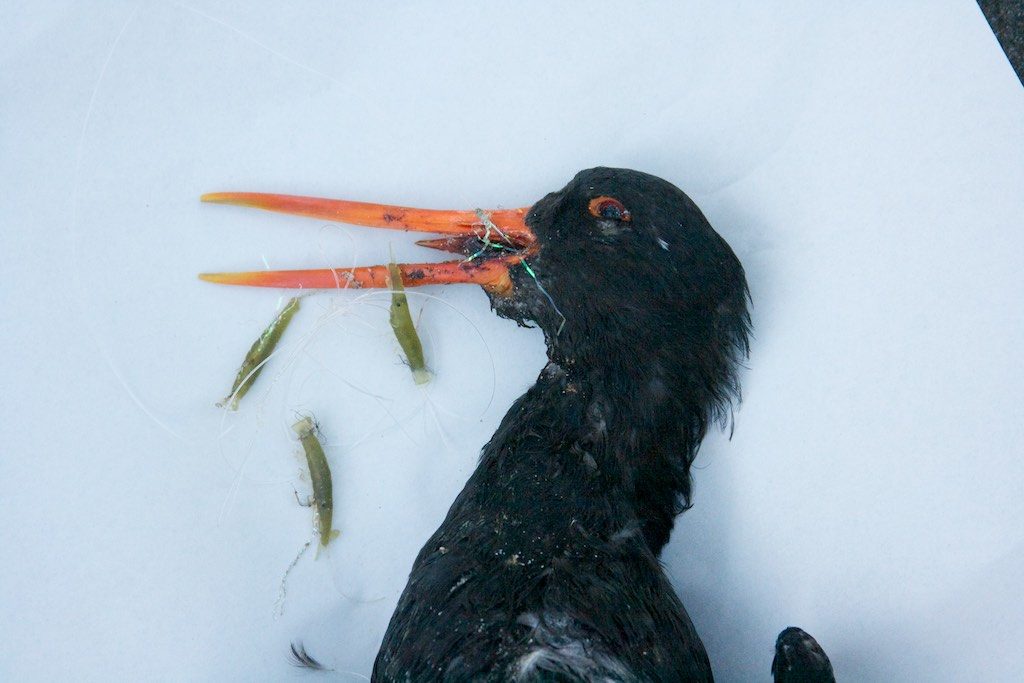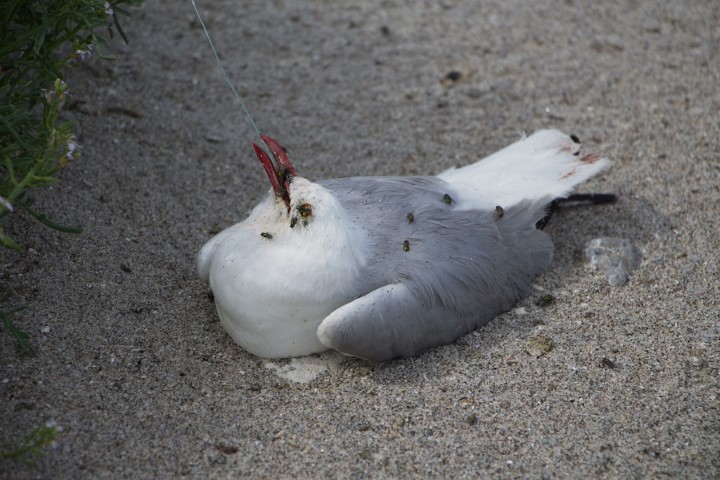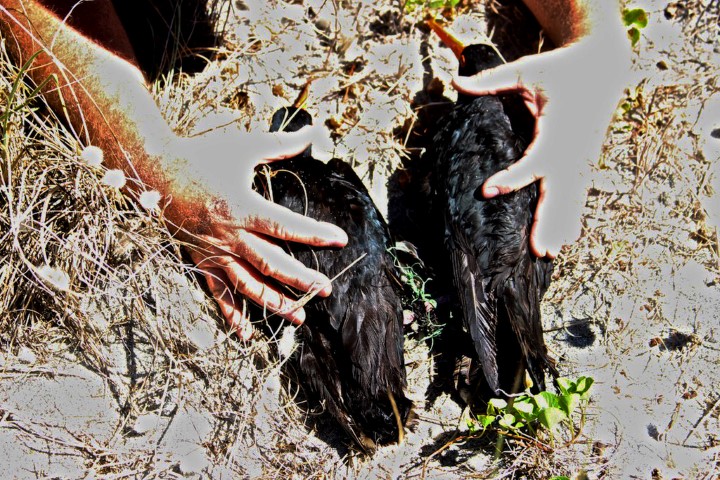Pests
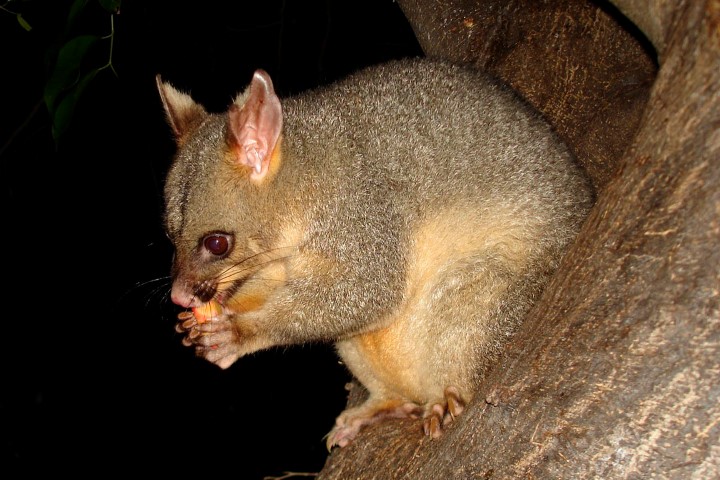
New Zealand has amazingly unique ecology, with a large percentage of our flora and fauna being endemic, meaning that it is found nowhere else in the world.
80% of plants, 90% of insects, all of our reptiles, a quarter of our birds, and our only terrestrial mammals – bats – are found only in New Zealand.
Yet they are under threat, with a very real possibility of extinction for many species. Invasive plants and animals brought over by humans either on purpose or by accident, are causing serious harm to our indigenous wildlife. Native species are being consumed, killed, or out-competed for resources. Thankfully a huge effort is underway to tackle this problem, and ensure our native species are here for generations to come.
Pest Plants
At present the Maketu spit is one of the least modified dune systems in the Western Bay of Plenty. However, pest plants such as pampas, marram grass, gorse, radiata pine, boxthorn and tree lupin would, if left unchecked, change the nature and biology of the spit by smothering open sand areas desired by nesting birds, and providing coverage for mammalian predators. Habitat restoration is vital to ensure the continued survival of the spit for native biodiversity, and as an invaluable natural protection from storms and other natural events.
MOWS members help to control pest plants through hand weeding, herbicide use, using chainsaws and diggers to remove invasive trees and gorse, and re-planting native species.
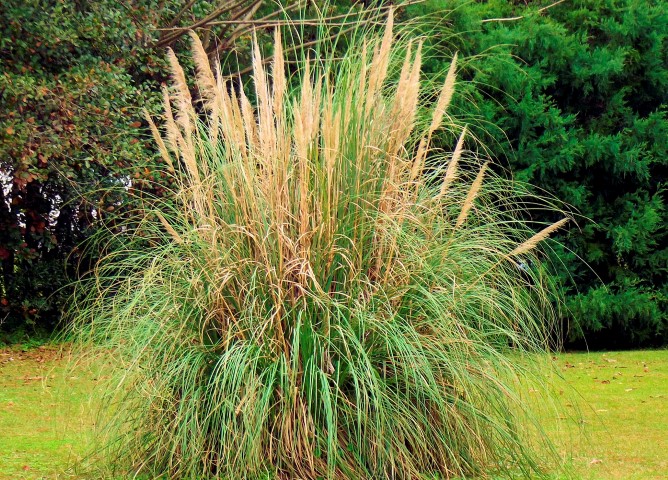
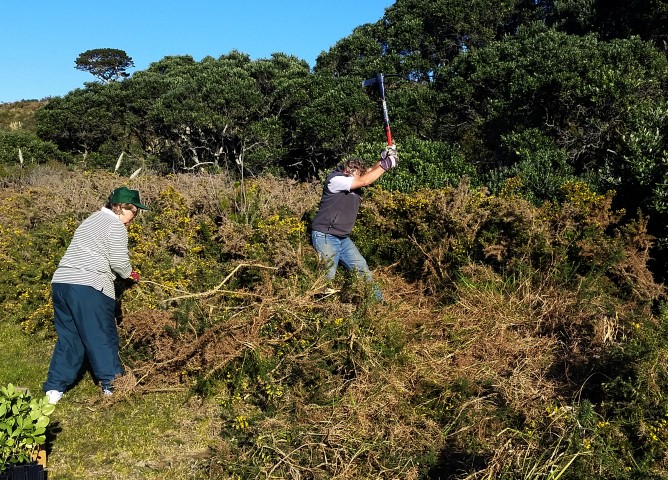
Pest Animals
Introduced mammals and feral cats pose a major risk to the breeding success of native bird species, especially ground-nesting birds, as well as having a negative impact on reptiles and invertebrates. Black-backed gulls are a serious threat to dotterel eggs and chicks, being able to devastate a nest in a matter of seconds.
We control pest animals in our project areas using kill traps (DOC 200/250’s and Good Nature automatic traps), live cat traps, bait for possums, rats and rabbits, and tracking tunnels to see what species are present. We also have three pest proof fences on Maketu Spit to further protect the bird nesting area.
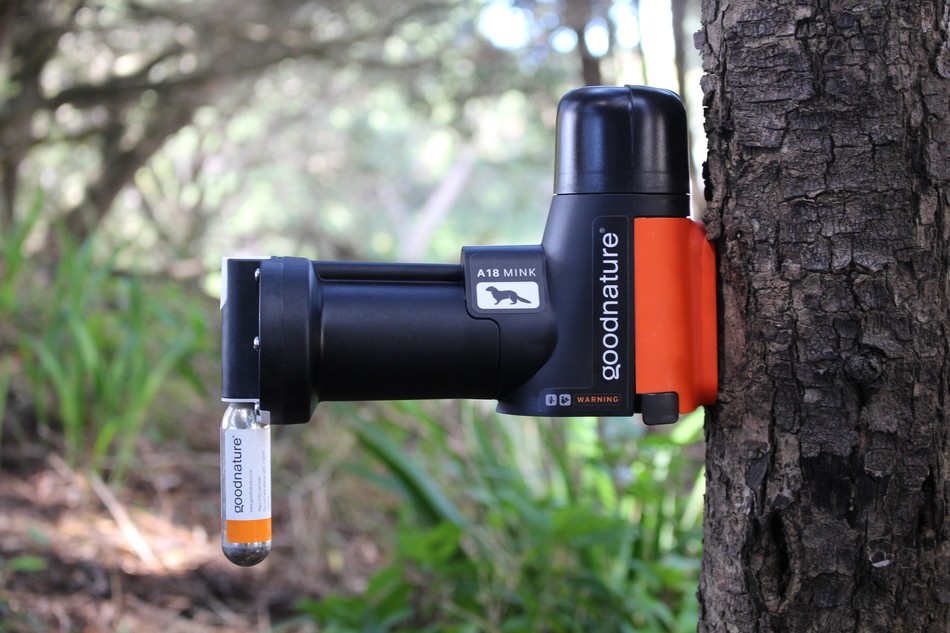
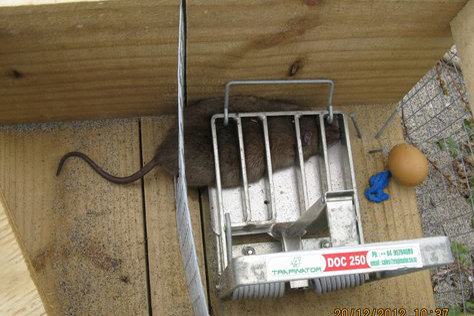
Human Impacts
Humans are really at the heart of all the pest problems in New Zealand, as we are responsible for the introduction of most of the pest species present in New Zealand today, as well as being a direct threat to native wildlife themselves.
Careless discarding of litter, chemicals and waste have a serious impact on the environment and our native flora and fauna. Fishing debris is a particular problem around Maketu, with birds regularly being found entangled in it, or having died from swallowing it. On one occasion, two variable oystercatchers were found tied to each other by fishing line. Luckily they were still alive, and were rescued by MOWS members and disentangled, allowing them a much better fate than if they had not been seen and caught.
Plastic Pollution
Plastic pollution is a very hot topic at the moment, especially with China closing it’s doors to recycling from the West. We now have an obligation to minimise our use of plastic as much as possible, and a good place to start is by doing away with plastic bags. With the Government announcing that New Zealand will gradually phase plastic bags out over the next year, it is time we all switched to reuseable bags. Small changes such as buying loose produce from bulk stores, and using paper rather than plastic bags for fruit and vegetables will make a big difference to the amount of plastic that ends up in landfill or, even worse, in the oceans and countryside.
By the simple act of taking responsibility for our rubbish, we can avoid a great deal of unnecessary harm.
